The Indian Armed Forces conducted 24 precision missile strikes on nine terror targets in Pakistan and Pakistan-occupied Kashmir in the early hours of Wednesday. While these strikes were seen as retribution for the recent Pahalgam terror attack carried out on April 22—and a form of justice for the families of those killed
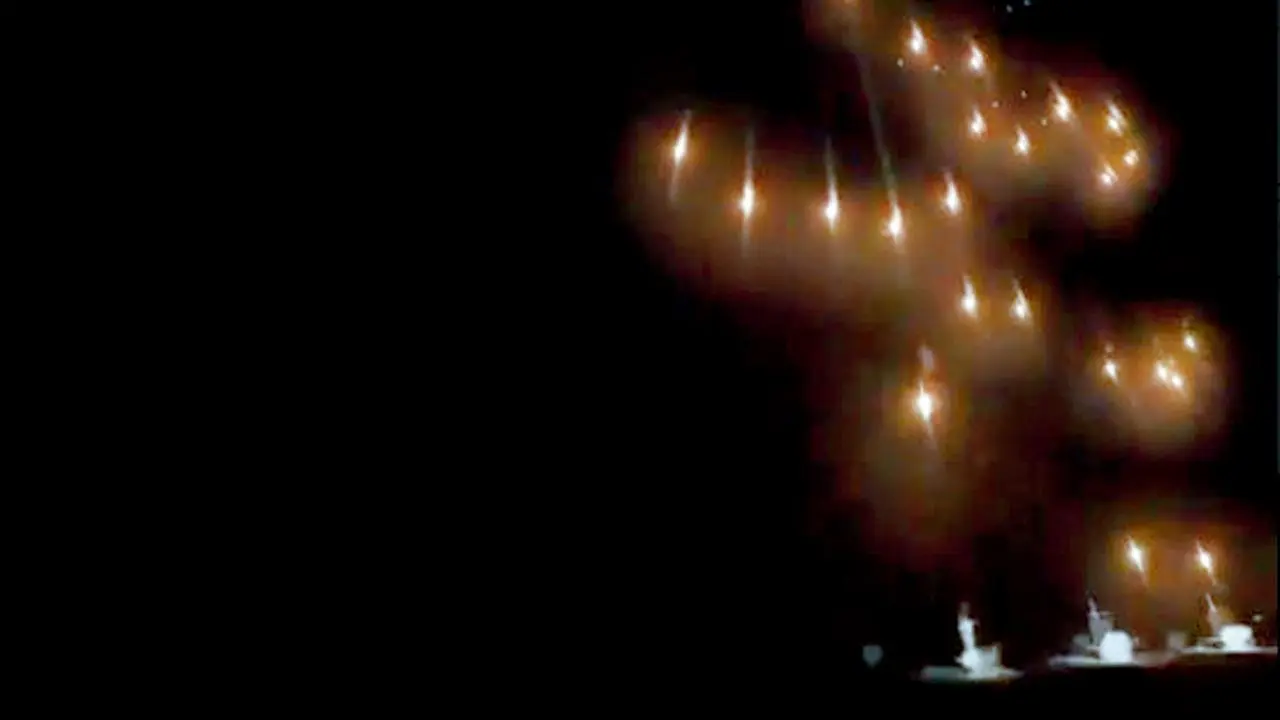
Drone footage of the Indian armed forces’ strikes early Wednesday. Pic/PTI
The Indian Armed Forces conducted 24 precision missile strikes on nine terror targets in Pakistan and Pakistan-occupied Kashmir in the early hours of Wednesday. While these strikes were seen as retribution for the recent Pahalgam terror attack carried out on April 22—and a form of justice for the families of those killed—mid-day spoke to mental health experts to understand whether such retaliation offers any real emotional closure.
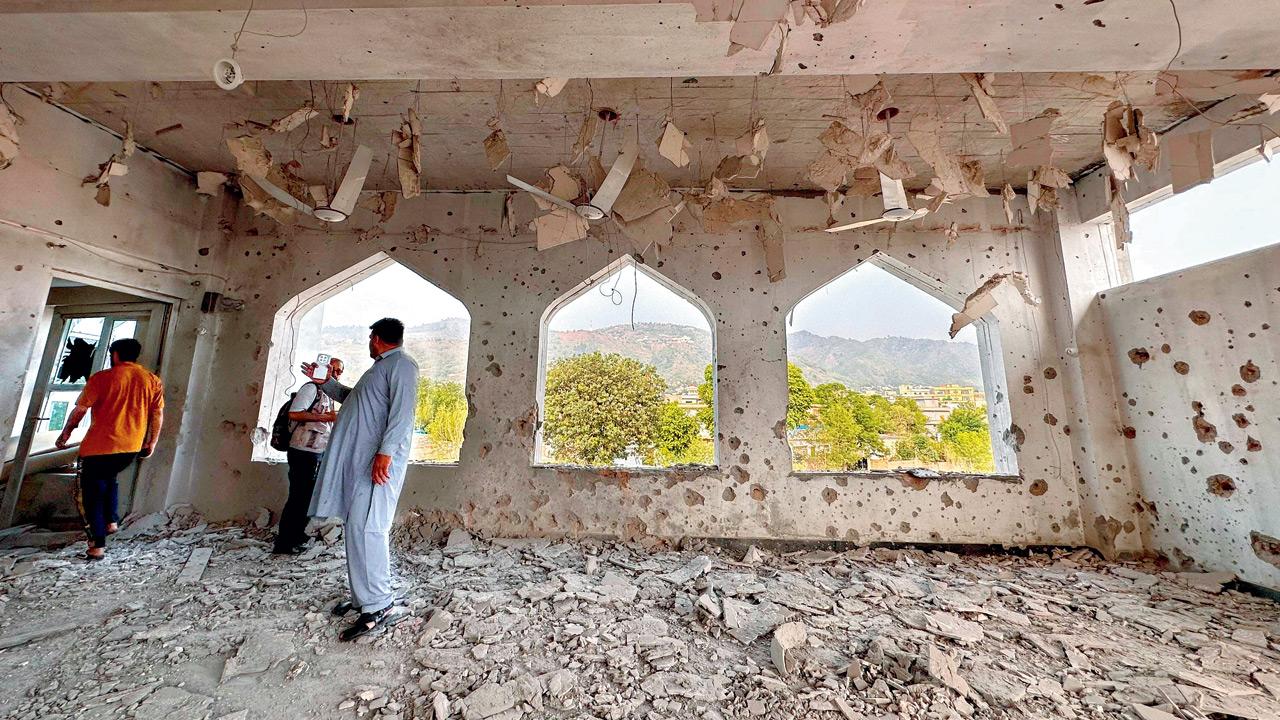
A general view of a damaged structure in the Kotli district of Pakistan-administered Kashmir on Wednesday, after Indian strikes. Pic/PTI
Experts unanimously opine that while this military action may mark the beginning of the healing process, it is unlikely to bring full closure, given the deep emotional trauma of the victims' families.
Expert Speak
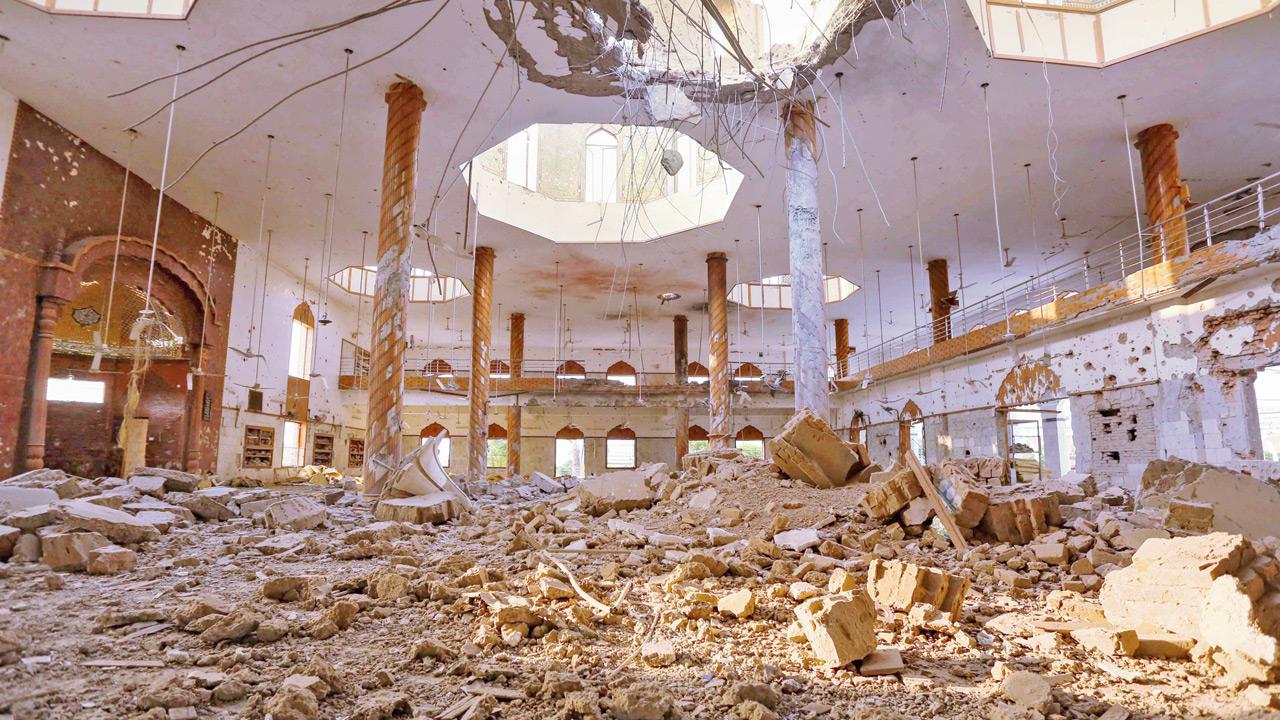 A damaged seminary at Ahmedpur Sharqia in Pakistan’s Punjab province after the strike. Pic/AFP
A damaged seminary at Ahmedpur Sharqia in Pakistan’s Punjab province after the strike. Pic/AFP
Rashmi Joshi, psychologist: “When innocent lives are lost, it leads to intergenerational trauma. In such scenarios, unity becomes crucial. Strong retaliation helps in healing. For those affected, this might feel like justice served—it’s a first step by the Indian government that may also restore a sense of safety.

“But closure? That’s a myth. Personal loss, whether in a massacre or due to natural causes, leaves a vacuum that never truly fills. Healing comes with psychological support—deep listening, reassurance, and avoiding unsolicited advice. Over time, bad memories get quarantined, and new ones are formed. Sublimating grief into social service can help. If someone loses a loved one, that vacuum remains forever.”
Dr Harish Shetty, psychiatrist: “India suffered for years from ‘learned helplessness’—where repeated trauma leads to passive acceptance. That era of ‘kadi ninda’ is over; decisive action has begun. Retribution helps us heal.
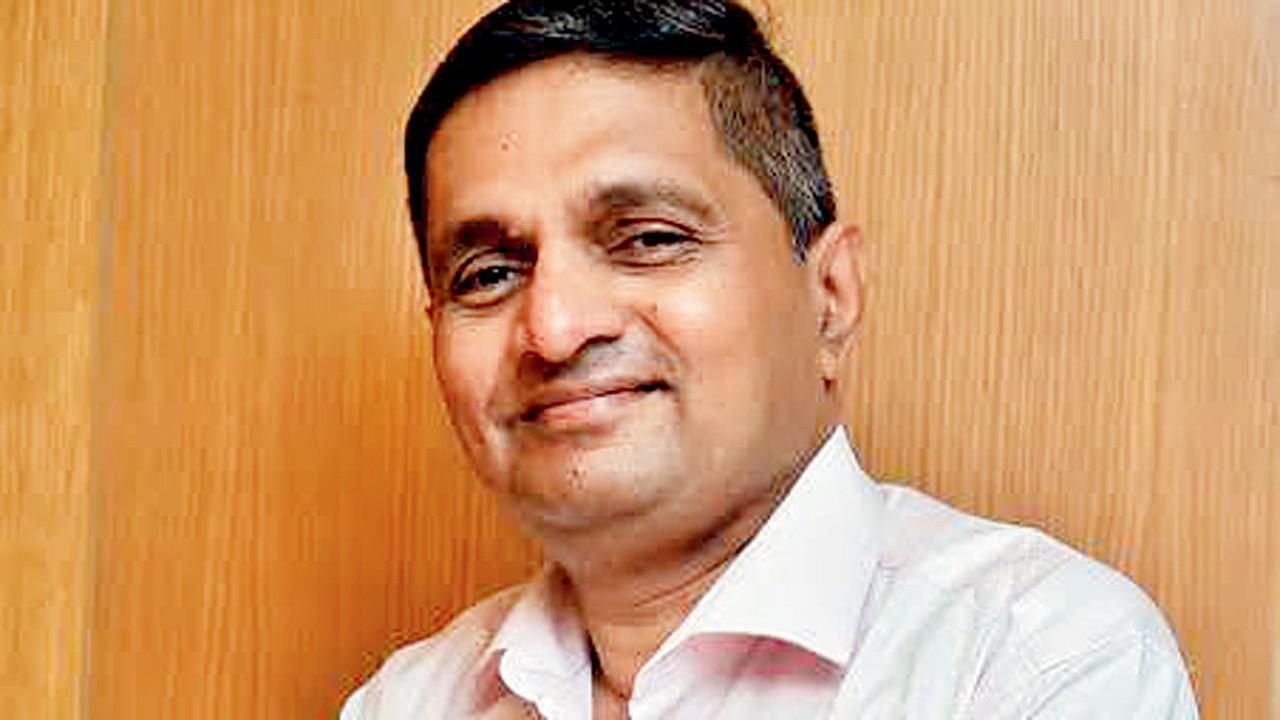
“Like after the Kandla cyclone or the Marathwada drought, government response offered partial emotional relief. Similarly, Kasab’s execution began the healing. But true recovery needs family, spiritual, and psychiatric support. We have lived with too many wounds for too long. Forgiveness, when irrational, adds to the pain.
These strikes are phase one—they are the beginning, not the end. Like the Mahabharata, when all else fails, a dharma yuddha is the final resort.”
Dr Kirti Tandel, consultant psychiatrist: “At a national level, these strikes send a strong, reassuring message. For the Pahalgam victims’ families, this retaliation addresses their anger and sense of injustice. But grief is more complicated.

“Retaliation may ease the helplessness and rage, but it cannot erase the memory of loss or answer lingering questions. Grief counselling is essential. They must be allowed to express their pain repeatedly, at their own pace. Community support and national recognition matter too, but grief is a slow process, and these families are only at the anger stage. The grief stage is yet to unfold.”
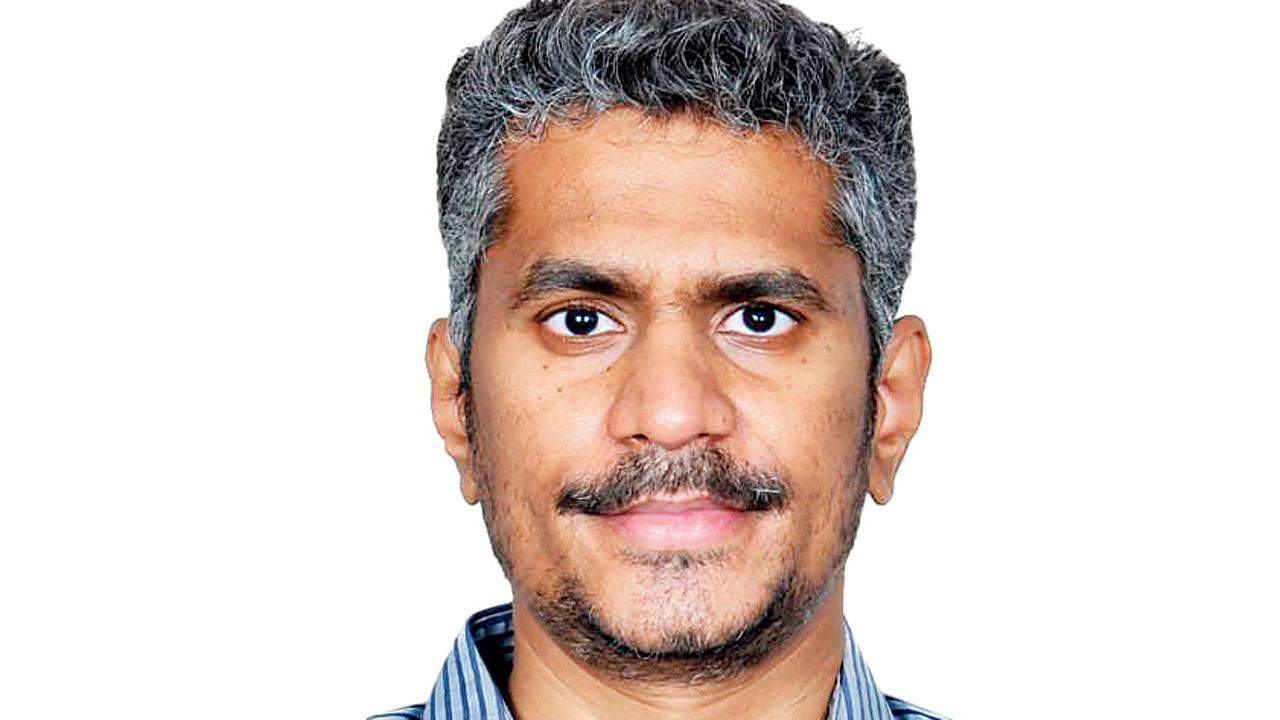
Dr Dinakaran D, assistant professor of psychiatry, NIMHANS: “These strikes are a good psychological beginning. Victims' families will at least see that justice is being pursued. Earlier diplomatic steps lacked visible impact; this was different. But while this may help start the healing, it won’t bring closure. The road ahead for those who lost loved ones is long and needs sustained emotional and psychological care.”
 Subscribe today by clicking the link and stay updated with the latest news!" Click here!
Subscribe today by clicking the link and stay updated with the latest news!" Click here!








